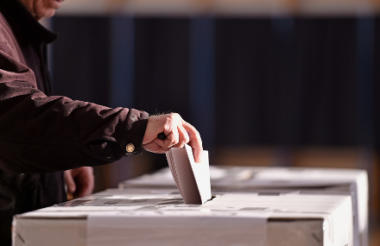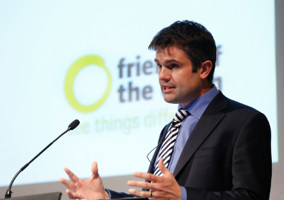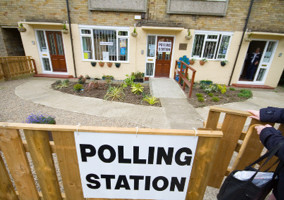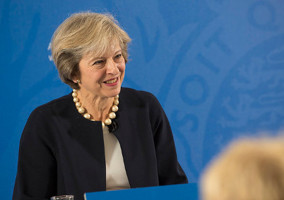Charlotte Ravenscroft explains what charities can, and can't, do over the coming weeks.
With a general election now scheduled for 8 June, many charities will be wondering how they can engage with the public and politicians to raise awareness of their work and the issues that matter to them. Charities can play an important role during elections, helping to facilitate and inform public debates, and they should feel confident in doing this, as long as they heed relevant guidance.
Importantly, in this general election period, special guidance from the Charity Commission applies. It can be found here. While many charities say they have felt deterred from campaigning in recent years, this guidance is actually fairly enabling. It should not unduly hinder charities campaigning in a responsible and non-partisan way.
For example, five things that charities can do, are:
- Continue campaigning on issues
- Reach out to the candidates and ask their views on issues
- Publish candidates' views on issues
- Host a debate between candidates or invite them to issue-focussed events
- Publish a manifesto or briefing materials on issues
Charities should follow the Charity Commission guidance above and note its advice about how to go about these activities. For example, inviting candidates from across the political spectrum to events.
Where charities are spending a significant amount (over £20,000 in England) campaigning around the election, they should also look into the registration requirements of the Lobbying Act – but this is unlikely to affect most charities.
There are of course some restrictions, but these should be common sense. Charities serve a diverse public and rely on upholding public trust to undertake their work. A key point in the guidance is that charities “must leave it to the electorate to make their own decisions about how to vote”.
Therefore, four things charities can't do are:
- Advocate for any individual party or candidate
- Explicitly compare the organisation’s views to those of individual parties or candidates
- Donate funds to any individual party or candidate
- Allow their organisation to be cited in a candidate’s manifesto
Finally, the guidance acknowledges that sometimes staff within charities will wish to be involved in party political activities in their individual capacity, including as candidates. Where this is the case, it should be declared and the charity should consider how best to manage a potential conflict of interest.
Important opportunity to shape debate
A case report from the Charity Commission on issues that arose in the run-up to the 2015 general election gives some further useful pointers. Charities should be mindful of their social media presence and posters or materials on their premises, for example. Overall though, only a small number of complaints were made, and most breaches were inadvertent and easily resolved.
Charities should, therefore, feel they can continue campaigning with confidence. The last year has yielded many lessons for politicians and campaigners. Among them, the importance of listening to communities, promoting open and honest debate, and carefully assessing evidence. In all of these respects and others, charities have much to add.
The general election 2017 is an important opportunity to help inform the debate about the future of the country, I hope charities will take it.
Charlotte Ravenscroft is director of Evidential Consulting
Related articles












